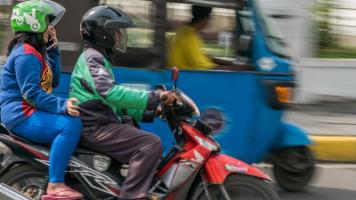
Article
3 February 2023
3 February 2023
How Indonesia Can Put 55 Million e-Motorcycles on the Road by 2030
ADB study favors limiting the use of gasoline motorcycles for specific zones over subsidizing electric-powered units.
News
31 January 2023
31 January 2023
Positive But Cautious Outlook for Tourism Sector in 2023
UNWTO sees visitor arrivals nearing pre-pandemic levels in some regions but notes slow recovery in Asia–Pacific.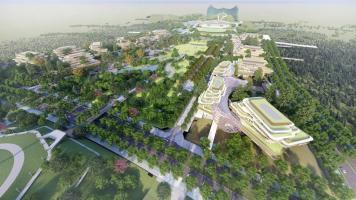
News
20 January 2023
20 January 2023
Indonesia’s Future Capital Aspires to Be Carbon Neutral by 2045
Nusantara’s plan to achieve a carbon-neutral, resource-efficient, and livable city will contribute to Indonesia’s target of achieving net-zero emissions by 2060.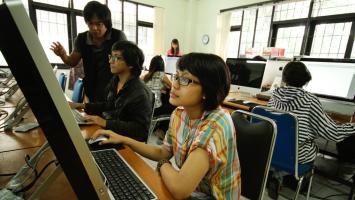
Article
6 January 2023
6 January 2023
Here Is How Employers in Asia–Pacific Are Hiring in the Digital Age
Education systems need retooling to meet the growing demand for higher digital skills.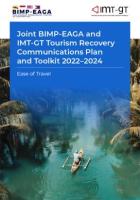
Publication
12 December 2022
12 December 2022
Joint BIMP‑EAGA and IMT-GT Tourism Recovery Communications Plan and Toolkit 2022–2024
This publication, which provides a tourism recovery communications plan and toolkit, was jointly prepared by BIMP-EAGA and IMT-GT.
News
12 December 2022
12 December 2022
BIMP-EAGA, IMT-GT Launch Joint Tourism Communications Plan
The 2‑year communications plan seeks to build traveler awareness that destinations in the subregions are open, safe, and easy to visit.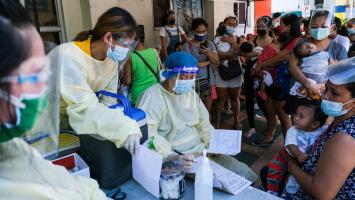
Article
21 October 2022
21 October 2022
Widening Access to Health Systems with Fintech
Using fintech can help ease the financial and health burden of individuals and help improve health systems and outcomes, says a new ADB report.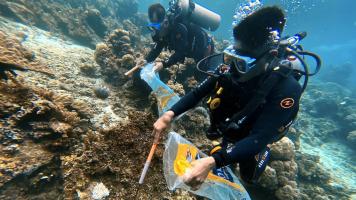
Article
5 October 2022
5 October 2022
How Coron and El Nido in Palawan Can Curb Overtourism
The islands need to determine their capacity limits for tourism to reduce pressure on marine ecosystems.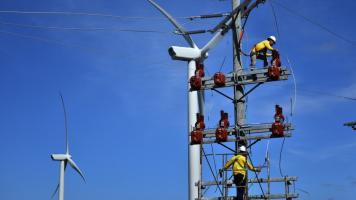
Article
29 September 2022
29 September 2022
Building the ASEAN Power Grid: Opportunities and Challenges
Interconnecting power grids in the region is a key strategy in strengthening energy security and transitioning to renewables through efficient resource sharing.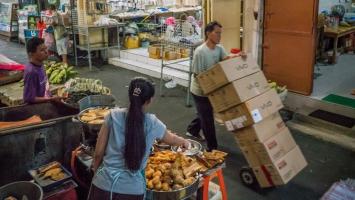
News
26 September 2022
26 September 2022
